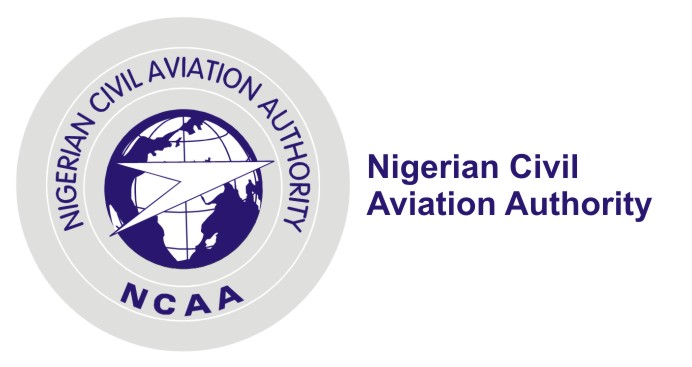Business
High Interest Rate, Stiff Regulation Listed As Barriers To Aviation

Chief Executive Officer (CEO), Falcon Aerospace Limited, Chukwuerika Achum, said double-digit interest rates and stiff regulations are barriers to business aviation.
He urged civil aviation authorities in Africa to invest in redesigning regulations that would harness investment into the sector as the current ones are not suited for the kind of expansion expected. He also said that airlines in Nigeria have a short lifespan, because stakeholders struggle with double-digits interest rates on loans.
He made this known in Lagos at the unveiling of the firm’s innovative products; Vivajet, CharterXE and FLYPJX, designed to ease business jet bookings. He however stated that the African Continental Free Trade Area (AfCFTA) agreement would be an enabler for the business aviation sector across Africa.
He noted that the Single African Air Transport Market (SAATM), which is a subsection of AfCFTA brings Africa closer in terms of regulation by reducing the borders, converts and domesticating inter-country travel.
“Aviation is capital intensive, it is long-term-centric investments and traditionally, the investments have not matched the business models because a lot of the investments have been short-term double-digit interest rates, and they’re not able to match the revenue space of the airlines. That’s why you have a very short lifespan of airlines in Nigeria,” Achum said.
He explained that the firm aims to democratise business aviation and make the service accessible and affordable to more people. “Before goods and services have to move, the leaders must move first, so our passion is to create the environment for the captains of industries in Africa to move through the continent with the power of business aviation,” he said.
He noted that despite the numerous challenges faced in Africa like the flawed implementation of democracy, there is the possibility of growth.
According to Achum, Vivajets is a full-business aviation company providing a wide range of services including charter brokerage, fractional ownership, Aircraft management, sales and leasing, consulting and training. It is the company’s operational brand and will relate with regulators and other critical industry stakeholders to get the necessary permits, certifications and licenses for the group to operate.
He said that CharterXE is an automated private jet booking platform that provides access to the company’s charter brokerage services through digital devices. Available as a mobile app and also via the web, it uses cutting-edge technological innovation to cut through all the physical hassles involved in booking a private jet.
FlyPJX is a charter per-seat booking platform designed to provide access to all the luxury of private jet service without needing to book the entire aircraft. It provides important information and flight schedules that enable the user to select preferences.
“FlyPJX platform allows one to experience business aviation on a budget, by allowing one to get a classy seat on a business jet and remove the hassles involved in boarding commercial airliners,” Achum said.
Business
Tinubu’s RHI Doles Out N50m To 1,000 Kwara Petty Traders

Business
UBA To Educate SMEs, Business Owners On Withholding Tax

Business
Nigeria Losing $40b Annually From Maritime Sector – NIMENA
-

 Politics3 days ago
Politics3 days agoPDP Governors’ Forum Pays Condolence Visit To Makinde …Over Demise Of Elder Brother
-

 Politics4 days ago
Politics4 days agoHow I Would’ve Handled Subsidy Removal As President – Amaechi
-
Nation3 days ago
NGO Honours Individuals, Groups For Outstanding Contributions To Humanity
-
Politics4 days ago
Stop Lying About Your Wealth, Odinkalu Knocks Buhari
-
Business3 days ago
CBN Releases FX Code To Mitigate Financial Risks
-

 Editorial3 days ago
Editorial3 days agoNo To Hike In Telecom Tariffs
-

 Featured4 days ago
Featured4 days agoFG Suspends Max Air Operations For Three Months Over Kano Incident
-
Nation3 days ago
Rivers CP Eulogises LG Boss Over Donation Of Vehicles

